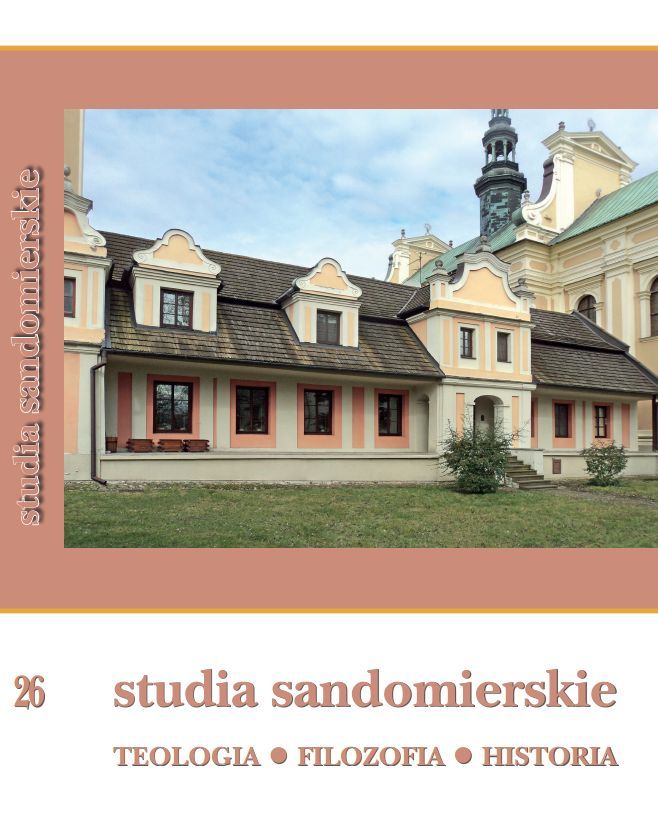The Regaining of the Academic Status by the Academy of Fine Arts in Krakow in the time of the “Decade of Architects”
DOI:
https://doi.org/10.15633/sts.3530Keywords:
Academy of Fine Arts in Krakow, Adolf Szyszko-Bohusz, Józef Gałęzowski, Ministry of Religious Denominations and Public EnlightenmentAbstract
In the first years after Poland regained independence in 1918, a special place in the history of the Academy of Fine Arts in Krakow was taken as a result of the efforts to maintain the status of a university by the Academy of Fine Arts in Krakow. These efforts were led by rectors-architects, Józef Gałęzowski and Adolf Szyszko-Bohusz, who headed the Academy of Fine Arts from 1919-1929. The Academy’s aspirations encountered obstacles raised by the Ministry of Religious Denominations and Public Enlightenment. Subsequent drafts of the statute were ignored, and the amendments to the relevant laws favorable for the Academy of Fine Arts were postponed. The battle for the award of the academic status to the Academy of Fine Arts in Krakow became a nation-wide legal dispute concerning the competences of the parliament and the interpretation of the constitution. The whole affair was completed on 16 July 1924 when the educational act concerning tertiary education was properly amended (the Academy of Fine Arts in Krakow was attached to the list of schools with full academic status).
The problem considered in this article was based on source materials obtained from various polish archives and press reports from discussed period.
The article, which presents a fragment of the history of the Academy of Fine Arts in Krakow during one of the most turbulent periods in Poland, may be treated as a contribution to the biographies of the outstanding architects Józef Gałęzowski and Adolf Szyszko-Bohusz.
Downloads
Published
Issue
Section
License
Copyright (c) 2021 Michał Pilikowski

This work is licensed under a Creative Commons Attribution-NonCommercial-NoDerivatives 4.0 International License.
Authors who publish with this journal agree to the following terms:
- Authors retain the copyright and full publishing rights without restrictions, and grant the journal right of first publication with the work simultaneously licensed under a Creative Commons Attribution 4.0 International License that allows others to share the work with an acknowledgement of the work's authorship and initial publication in this journal.
- Authors are able to enter into separate, additional contractual arrangements for the non-exclusive distribution of the journal's published version of the work (e.g., post it to an institutional repository or publish it in a book), with an acknowledgement of its initial publication in this journal.
- Authors are permitted and encouraged to post their work online (e.g., in institutional repositories or on their website) prior to and during the submission process, as it can lead to productive exchanges, as well as earlier and greater citation of published work (See The Effect of Open Access).

